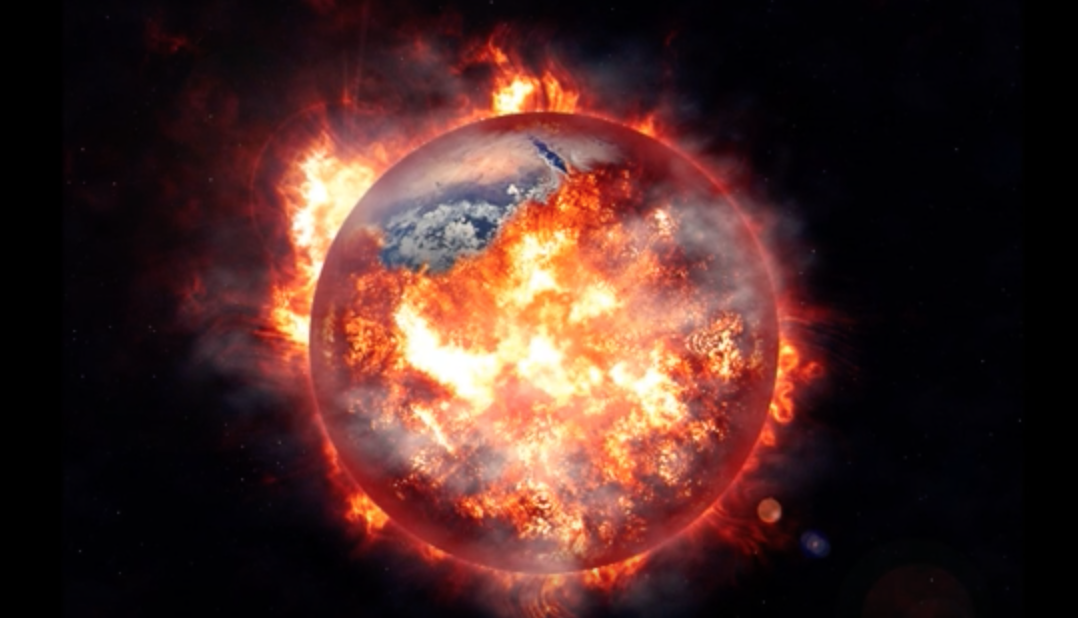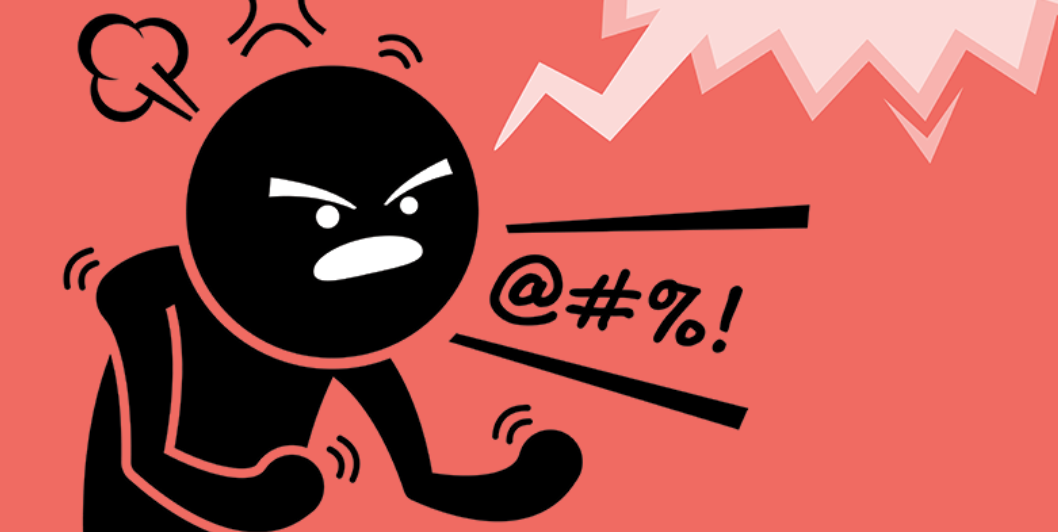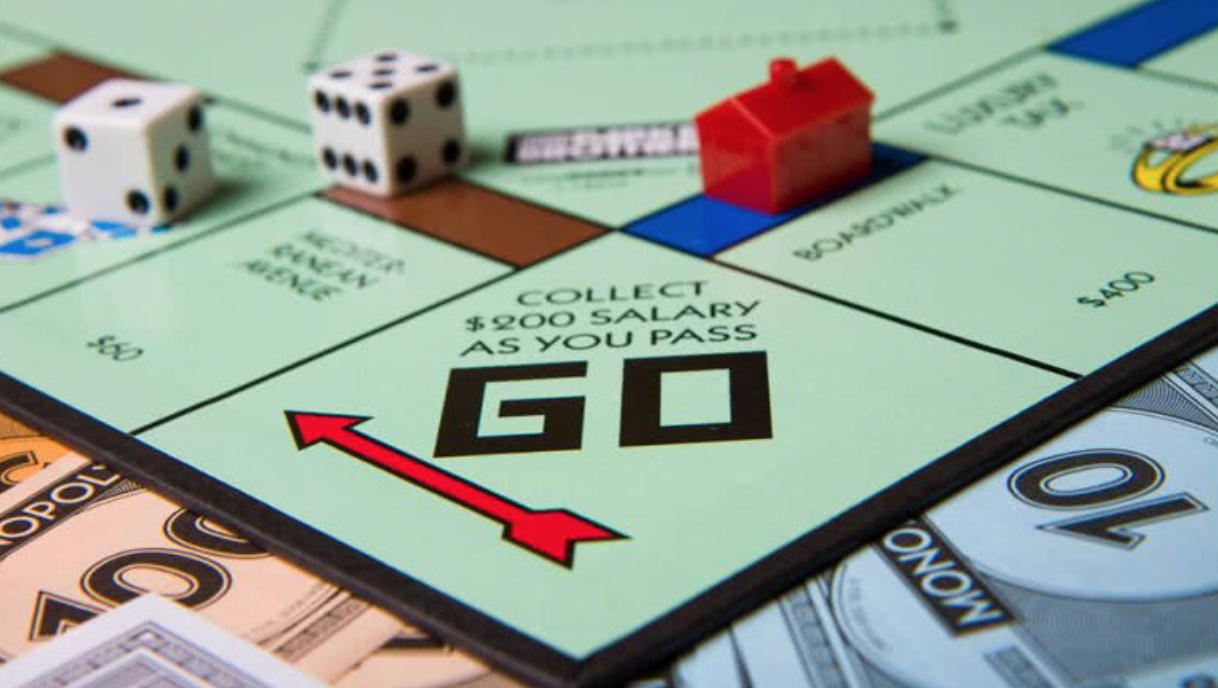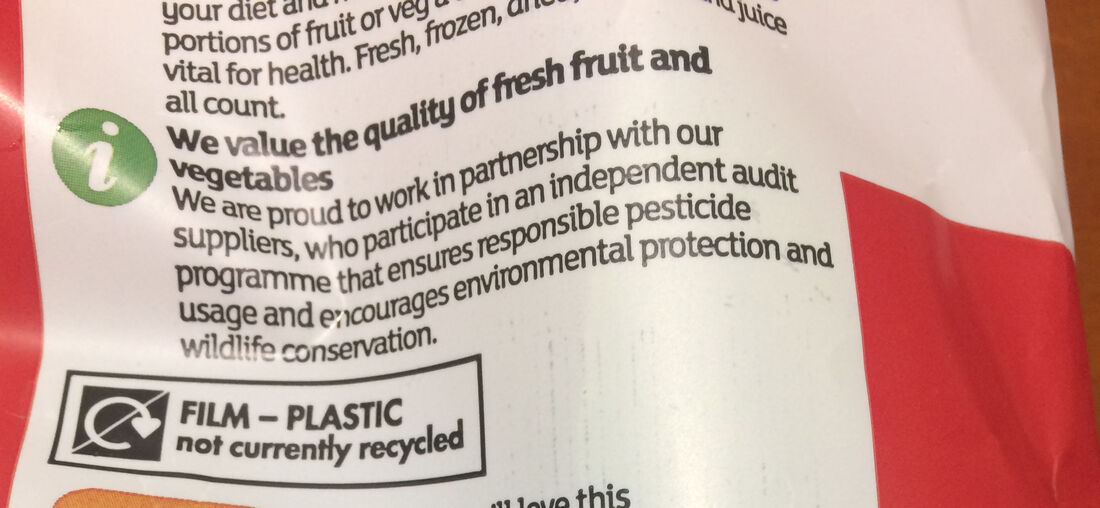‘As I look at the amount of individual, relationship and world violence around me, I feel a great sense of urgency. Anger is a part of nature that can’t be denied but needs to be worked with. Too many people suffer from their own anger, others’ anger, and from an angry world. In his book, ‘Angry Men, Angry Women, Angry World: Moving From Destructiveness to Creativity’ (2004), Dr Gary Reiss shares how the anger of individual men and women, as couples, families and in groups rather than being destructive can be harnessed to create a healthier world. ‘Anger is energy. It is power. Like the power of the atom or the power of knowledge, it can be used for creative or destructive purposes. Anger is part of nature, and we cannot wish it away. Instead, we can learn how to use this energy to create healthy bodies, healthy relationships, and a healthy world’. (p8) However, many people I know and many that I work with fear anger - their own anger and other peoples anger. Those most fearful of their own anger tend to describe themselves as “having no anger”, “I never feel angry”, “there was never any anger in my family”. Often these people are so numb that they feel nothing very much. They often come into therapy with the label ‘depression’. For these people it is vital for them to get in touch with the depths of their anger and their hurt. Others are terrified of their anger, they feel it and spend much of their time pushing it down. These people often coming to therapy with the label ‘anxiety'. It is vital for them to learn to harness the energy of anger and express it with awareness. These are just two very common ways in which people talk about their relationship with anger in therapy. These are ways of being with anger that are more societally acceptable. ‘Anger is neither sin nor pathology, but a powerful human emotion that can fall anywhere on the spectrum from highly creative to highly destructive, from totally ethical to completely unethical. It can be a sign of pathology or health, a sign of lack of spiritual development or enlightenment. The key to using anger well is awareness, including the awareness we bring to our anger and how we bring anger into relationships and into the larger world beyond ourselves’. (p10-11) So many of our experiences with anger have been destructive that, as a society, we tend to marginalise and demonise it. When we repress anger over long periods of time it can lead to self-abuse: a condemning and oppressive internal critic impacts our confidence and self-esteem, depression, psychosomatic symptoms. When we continually express anger without awareness we often hurt others emotionally, physically, and spiritually. And we lose intimate connection in our relationships - often the underlying cause of our personal history with anger - leading to more hurt and more anger. ‘It is interesting to note that couples usually come to the therapist either when there is extreme anger in the relationship or when there are no feelings present, and sometimes these two issues are related’ (p68) Working with anger requires an understanding of rank and power. Becoming aware of our roles as both the oppressed and the oppressor. ‘Anger responses from being in power and being oppressed are very different, and mastering anger in both situations is crucial. Gary Reiss's book is a very accessible exploration of anger from the perspective of Process Oriented Psychology and is suitable for both therapists and non-therapists. It looks at anger from all perspectives - male anger, female anger, couple anger, family anger, world anger. It addresses the destructiveness of anger when we ignore it and the potential it holds for creative transformation. Dr Gary Reiss will be at the big room cic in Macclesfield, Cheshire, UK facilitating a 3 day workshop (26 -28 March 2020) on Process Oriented Family Therapy and Community Based Healing. If you would like more information about this workshop see our website: www.thebigroom.org or contact [email protected]
0 Comments
Written by: Hayley Stevens
Western European civilisation is built upon a win/lose game. A game which has been exported around the world. In truth it is the lose/lose game. In the long run we never win when we play this game – with our children, our partners, colleagues, friends, neighbours, community… and with the planet. When one side wins, and the other loses… the winning is just the start of losing all over again. This is what history shows us. This is what is playing out around the world right now. The history of humanity might fill us with pessimism and despair about our ability to change this game. But there is evidence that it has not always been this way. The values and beliefs that underpin this game are only 2,000-3,000 years old - a mere fraction of time that humanity has existed on this planet. That’s 26-39 generations* or 800+ generations dependent upon which calculation you use! There is hope. It was hope that I felt listening to Laura Shannon’s talk at a conference in Cheltenham in the summer. It was this hope that lead me to invite her to ‘the big room' in Macclesfield. Written by Owen Stevens
11th Dec Tomorrow there will be an election. The popular press drip with corrosive indignation and righteous shame. I try to find something from the supermarket that is not wrapped in single use plastic. I do, but mostly I don’t. That evening I watch part of the Channel 4 ‘debate’ on climate change. The one thing that there is not, other than the Conservative Party and UKIP, who have both declined to attend, is a debate. 12th Dec A landslide victory for the Tory Party. In that small bubble I occupy on facebook, everyone is in agreement. The election is a disaster. Despite or perhaps because of the election Brexit continues to hold the nations collective breath. In that holding there is a hardening. I see it in the faces of Christmas shoppers. But mostly I hear it in the conversations left unsaid. 7th Jan “Have you heard the news, bloody Iranians. Bloody animals.” I trying to sound measured in my response... “I wonder how we would feel if a foreign power came over here killed a top British General?’ “The thing about Trump is he does what he says. That’s why I like him.” “Trump", I say, "is a very dangerous man” To the passerby we might look like two dog walkers stood in conversation. But what we are stood in are the brittle shards of sentences uttered as pronouncements. The space between us barbed with wire, the trenches dug. As we enter 2020 these small and countless wars proliferate. Salted by a political popularism and increasingly bellicose popular press. What comes next is a deepening silence and with it a fragmentation which knows only one energetic response. War. Facebook identifies itself as a social media platform a label that diverts us from what in fact it is – an advertising platform. A vanity mirror for some, an information centre for others. In all cases a space suited for pronouncements and in recent years the manipulation of elections. I am wary of those who deliver these pronouncements. In those short and airless sentences that arrive dead and breathless I hear the soundbite of the dictator, the pontificator, the manipulator. And in my replies to this passerby, my neighbour, I realise that I am in these moments the very person I most distrust. Our world views are radically different. But in our pontifications we are siamese twins. It is never pleasant when we realise the other in us. And I think back on all those Facebook posts, most of which lacked the only saving grace that comes with pontification. Humour. It is an irony hard to miss, that in this digitally connected world, we have robbed ourselves of those spaces where we can truly connect. Spaces where words can breath and in that breath give life to our differences. The well source of health from which all communities must draw if they are to grow to change to move to come together, has all but grown dry. Our high dream for the big room is that it can be a space where words are given the freedom to dance, confront, rise and fall. And in the act of dancing bring us together. A space where the all in all of us is welcome. |
AuthorPosts are sourced, written and curated by members of the big room cic Archives
October 2023
Categories
All
|
|
the big room cic | reg 12009089 | reg in england & wales | registered office: wood street mill, 45 pickford street, macclesfield, cheshire, sk11 6hb
|
designed by the big room cic © copyright 2019. all rights reserved.
|




 RSS Feed
RSS Feed